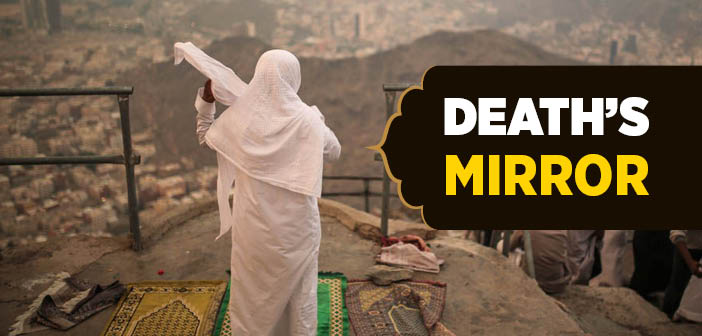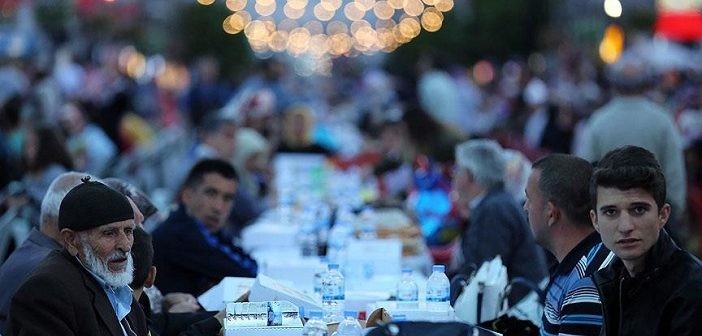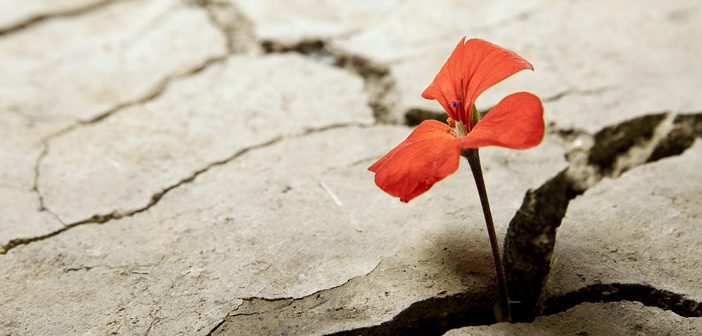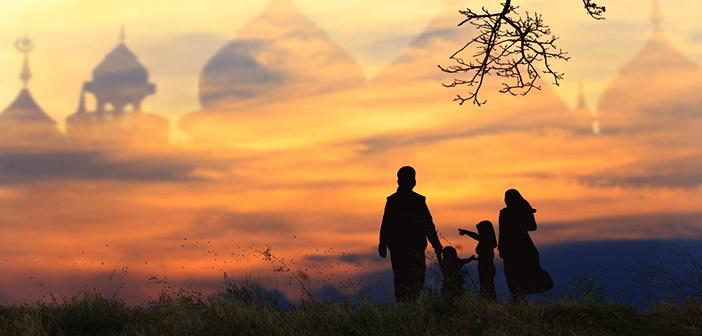
Protection Against the Punishment of the Grave
What is the protection against the punsihment of the grave? What is the punsihment of grave?
The Messenger of Allah (may Allah bless him and grant him peace) used to say in his supplications:
Allahumma inni a'udhu bika min 'adhabi jahannam, wa min 'adhabi-l qabr, wa min fitnati-l mahya wa-l mamat, wa min sharri fitnati-l masihi-d dajjal
"O Allah, I seek refuge in You from the punishment of Hell, and from the punishment of the grave, and from the trials of life and death, and from the evil of the trial of the Dajjal."[1] In asking Allah for protection in this way, he prescribed his community also to seek refuge in Allah in respect to these four matters.
This is because in the grave, people will only find with them what they have done in this world. While vice and wickedness will be a cause for great abasement, deeds of righteousness will be a faithful friend and protector for their owner.
In this vein, the Messenger of Allah (may Allah bless him and grant him peace) states:
"When a person enters their grave, their good deeds will surround them. When they are approached from the direction where their prayers are positioned, the prayer will declare, `No entrance from my side!' When they are approached from the direction of the person's fasting, the fasting will declare, `No entrance from my side!’ They will be commanded to rise. The person then sits up. If the deceased is a transgressor or an unbeliever, they will be approached and there will be nothing standing between them and the approach of the angel." (Ahmad, VI, 352. cf. Haythami, III, 51-52)
"When a deceased person is placed in their grave, an angel will approach. When the angel approaches from the direction of the head, the Qur'an that the person had recited will say, 'There is no entrance through me.' When they are approached from the hands, all their acts of charity will say, 'There is no entrance through me.' Then they will be approached from the feet, where all the footsteps they took to the mosque will say, 'There is no entrance through me.' And patience is another great shield. The angel then says, 'Had I found an opening, I would have approached them.'" (Haythami, III, 52)
Along similar lines, it is stated that those who frequently recite the Qur'anic chapter al-Mulk will be protected against punishment in the grave, as the Messenger of Allah (may Allah bless him and grant him peace) referred to it as, 'al-mani'ah' (that which protects), indicating that it protects a person against punishment and torment in the grave.[2]
Jabir (may Allah be well pleased with him) related:
The Messenger of Allah (may Allah bless him and grant him peace) would not sleep until he recited alif lam mim tanzīlu (the Qur’anic chapter al-Sajdah) and tabāraka alladhī biyadihi l-mul'ku (the Qur’anic chapter al-Mulk)." (Tirmidhi, Fada'il Qur'an [Virtues of the Qur'an], 9/2892)
Tawus ibn Kaysan (may Allah have mercy on him) from the generation of the Successors (al-Tabi'in), said:
"These two Qur'anic chapters are seventy times more meritorious than each of the other chapters of the Qur'an." (Tirmidhi, Fada'il Qur'an [Virtues of the Qur'an], 9/2892)
In addition, it has also been reported that frequently reciting the Qur'anic chapter al-Ikhlas will also deliver a person from torment in the grave.[3]
[1] Bukhari, Jana'iz, 88; Muslim, Masajid, 128-134.
[2] See Tirmidhi, Fada'il Qur'an, 9/2890; Hakim, II, 540/3839; Haythami, VII, 128.
[3] İmâm Şârânî, Ölüm Kıyâmet Âhiret, Bedir Yayınları, p. 102, 130.
Source: Osman Nuri Topbaş , Journey To Eternity, Erkam Publications
Dying as Muslims

Death’s Mirror













